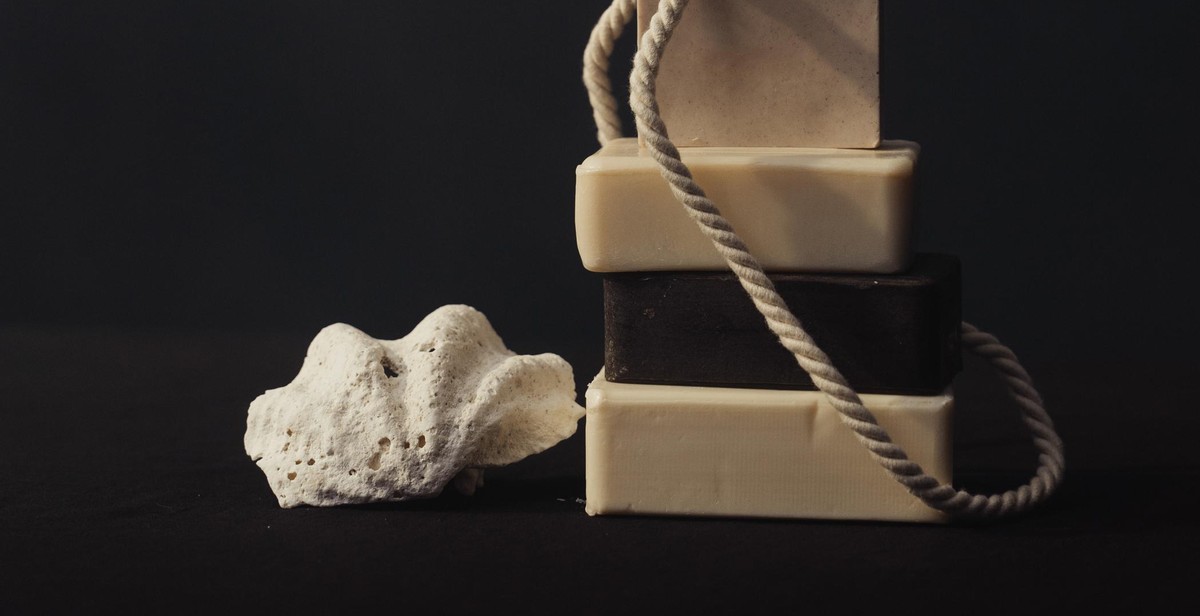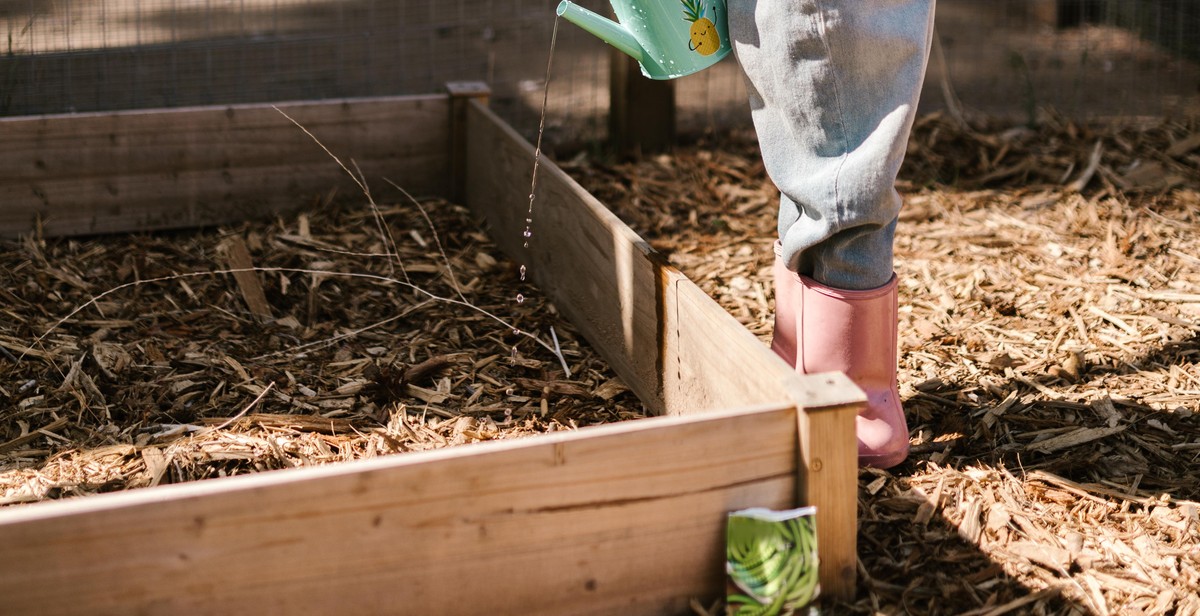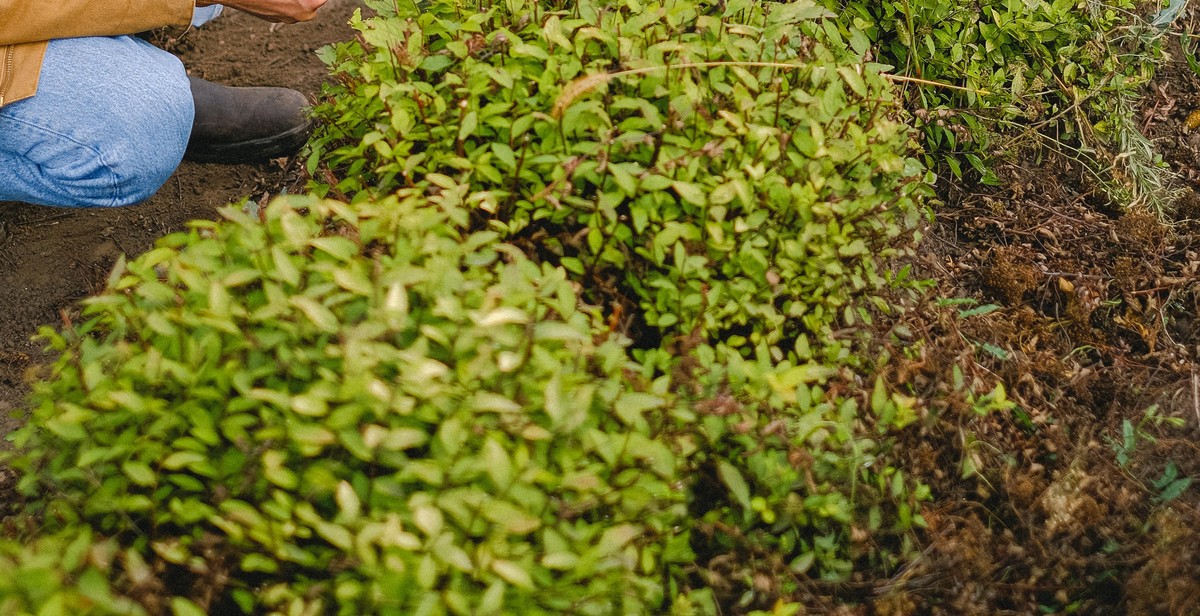How to Start an Organic Composting System for Nutrient-Rich Soil
If you’re looking for a cost-effective and eco-friendly way to improve the quality of your soil, organic composting is the way to go. Composting is the process of breaking down organic matter into nutrient-rich soil that can be used to grow healthy plants and vegetables. It’s an easy and effective way to reduce waste, improve soil quality, and save money on fertilizers.
What is Organic Composting?
Organic composting is the process of breaking down organic matter into nutrient-rich soil. This process is done by microorganisms, such as bacteria and fungi, that break down the organic matter into a form that plants can use. Organic matter can include food scraps, yard waste, and other organic materials. The result is a nutrient-rich soil that is perfect for growing healthy plants and vegetables.
Benefits of Organic Composting
Organic composting has many benefits, including reducing waste, improving soil quality, and saving money on fertilizers. Composting also helps to reduce greenhouse gas emissions by diverting organic waste from landfills. Additionally, composting can help to reduce erosion and improve water retention in soil, making it more resilient to droughts.
- Reduces waste
- Improves soil quality
- Saves money on fertilizers
- Reduces greenhouse gas emissions
- Reduces erosion
- Improves water retention in soil
Getting Started with Organic Composting
Starting an organic composting system is easy and can be done with just a few simple steps. First, choose a location for your compost pile. This can be outdoors or indoors, depending on your preference and available space. Next, gather organic materials, such as food scraps and yard waste, and start layering them in your compost pile. It’s important to maintain the right balance of carbon-rich and nitrogen-rich materials to ensure proper decomposition. Finally, monitor your compost pile and turn it regularly to ensure proper aeration and decomposition.
Why Organic Composting is Important
Organic composting is an important aspect of sustainable living. It involves the natural decomposition of organic materials such as food scraps, yard waste, and other biodegradable materials. This process is important for several reasons:
Reducing Waste
One of the primary benefits of organic composting is that it helps to reduce waste. By composting food scraps and yard waste, you can divert these materials from landfills where they would otherwise take up space and produce harmful greenhouse gases. According to the Environmental Protection Agency (EPA), food scraps and yard waste make up about 30% of what we throw away. Composting these materials can significantly reduce the amount of waste that ends up in landfills.
Improving Soil Quality
Another important benefit of organic composting is that it can improve soil quality. Compost is a nutrient-rich soil amendment that can help plants grow stronger and healthier. Compost contains a variety of nutrients, including nitrogen, phosphorus, and potassium, that are essential for plant growth. It also helps to improve soil structure, water retention, and aeration, which can all contribute to healthier plants.
Saving Money on Fertilizers
Composting can also help you save money on fertilizers. By creating your own compost, you can produce a nutrient-rich soil amendment for your garden or lawn without having to purchase expensive fertilizers. This can be especially beneficial for farmers or avid gardeners who need large quantities of fertilizer.
Overall, organic composting is an important practice for anyone who wants to reduce waste, improve soil quality, and save money on fertilizers. By composting your food scraps and yard waste, you can create a valuable resource for your garden or lawn while also contributing to a more sustainable future.

Getting Started with Organic Composting
Starting an organic composting system is a great way to create nutrient-rich soil for your garden or plants. It’s an eco-friendly way to dispose of food scraps and yard waste while also reducing your carbon footprint. Here are some steps to get started:
Choosing a Composting Method
There are several methods to choose from when it comes to composting. The most common methods are:
- Bin Composting: This method involves using a container or bin to hold your compost materials. It’s a great option for those who have limited space or want to keep their compost contained.
- Trench Composting: This method involves digging a trench and burying your compost materials. It’s a great option for those who have a large amount of yard waste.
- Sheet Composting: This method involves layering your compost materials directly on top of the soil. It’s a great option for those who don’t want to invest in a compost bin.
Gathering Materials
The key to successful composting is having a good mix of “green” and “brown” materials. Green materials include things like food scraps, grass clippings, and coffee grounds. Brown materials include things like dry leaves, straw, and twigs. It’s important to have a balance of both materials to ensure that your compost breaks down properly.
Other materials you may need include a compost bin or container, a shovel or pitchfork for turning the compost, and water to keep the compost moist.
Selecting a Location
When selecting a location for your compost, it’s important to choose a spot that is well-drained and receives partial shade. The spot should also be easily accessible for adding materials and turning the compost.
It’s also important to consider any neighbors or local regulations regarding composting. Some areas may have restrictions on what can be composted or how much compost can be produced.
| Tip: | Don’t place your compost bin too close to your home or any areas where people gather, as it may attract insects or produce an unpleasant odor. |
|---|
By following these steps, you’ll be well on your way to creating nutrient-rich soil for your garden or plants. Happy composting!

Composting Dos and Don’ts
Composting is an excellent way to reduce waste and create nutrient-rich soil for your garden. However, there are certain things you should do and avoid to ensure a successful composting process.
Do: Use a Compost Thermometer
A compost thermometer is an essential tool for monitoring the temperature of your compost pile. It helps you determine if your compost is heating up enough to kill any harmful bacteria and break down the organic material effectively. The ideal temperature range for composting is between 120 to 160 degrees Fahrenheit.
Don’t: Use Meat or Dairy Products
Meat and dairy products can attract unwanted pests and rodents to your compost pile. They also take longer to break down and can emit unpleasant odors. It’s best to avoid adding these items to your compost pile altogether.
Do: Keep Your Compost Moist
Moisture is essential for the composting process. Your compost pile should have a moisture content of around 50%. To maintain the right moisture level, you can add water or use a compost activator that contains microorganisms that help break down organic material.
Don’t: Add Weeds or Diseased Plants
Weeds and diseased plants can introduce harmful pests and diseases into your compost pile. It’s best to avoid adding them to your compost pile. Instead, dispose of them separately to prevent spreading diseases to your garden.
| Do | Don’t |
|---|---|
| Use a compost thermometer | Use meat or dairy products |
| Keep your compost moist | Add weeds or diseased plants |
By following these composting dos and don’ts, you can create nutrient-rich soil for your garden and reduce waste at the same time.

Maintaining Your Composting System
Starting an organic composting system is easy, but maintaining it requires some effort. Here are some tips to keep your composting system healthy and productive:
Regular Turning
Turning your compost regularly is important to ensure that the materials are breaking down evenly and that there is enough oxygen in the pile. Use a pitchfork or a compost turner to mix the materials every few days or at least once a week. This will help speed up the composting process and prevent unpleasant odors from developing.
Adding New Materials
As your composting system matures, you will need to add new materials to keep it going. Be sure to add a mix of brown and green materials, such as leaves, twigs, food scraps, and grass clippings. Avoid adding meat, dairy, or oily foods as they can attract pests and slow down the composting process. Chop or shred larger materials into smaller pieces to speed up decomposition.
Monitoring Moisture Levels
Moisture is important for the composting process, but too much or too little can cause problems. The ideal moisture level is around 50-60%. If the compost is too dry, add water using a watering can or a hose. If it is too wet, add dry materials like leaves or straw to absorb excess moisture. Use a compost thermometer to monitor the temperature of the pile. The ideal temperature range is between 120-160°F (49-71°C). If the temperature drops below this range, add more green materials to heat up the pile. If it gets too hot, turn the pile more frequently to cool it down.
By following these tips, you can maintain a healthy and productive composting system that will provide you with nutrient-rich soil for your garden and help reduce waste in your household.

Using Your Compost
Once your compost is ready, it’s time to put it to use in your garden! Here are some best practices for using compost:
How to Know When Your Compost is Ready
The composting process can take anywhere from a few weeks to several months, depending on the materials used and the conditions in which they are composted. When your compost is ready, it should look and smell like rich, dark soil. It should be crumbly and easy to work with, and any original materials used should be unrecognizable.
Best Practices for Using Compost
- Spread a layer of compost over your garden beds or mix it into the soil before planting.
- Use compost as a top dressing for your lawn to improve soil health and promote healthy grass growth.
- Add compost to potting soil for container gardening.
- Use compost as a mulch to help retain moisture in the soil and suppress weed growth.
- Compost can also be used as a natural fertilizer for houseplants.
Maximizing the Benefits of Compost
To get the most out of your compost, it’s important to use it consistently and regularly. Incorporate compost into your gardening routine by adding it to your soil each season. Compost can also help reduce the need for synthetic fertilizers and pesticides, making it a more sustainable and eco-friendly option for your garden.
| Benefits of Using Compost in Your Garden |
|---|
| Improves soil structure and fertility |
| Increases water retention |
| Reduces soil erosion |
| Provides a natural source of nutrients for plants |
| Helps suppress weed growth |
| Reduces the need for synthetic fertilizers and pesticides |
